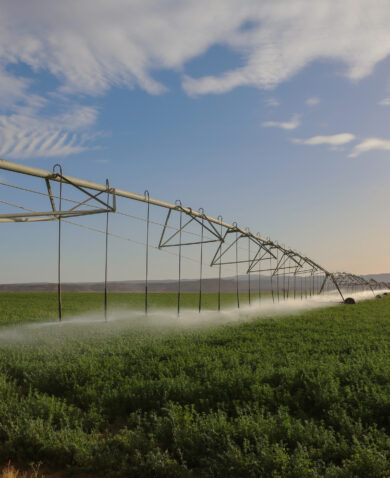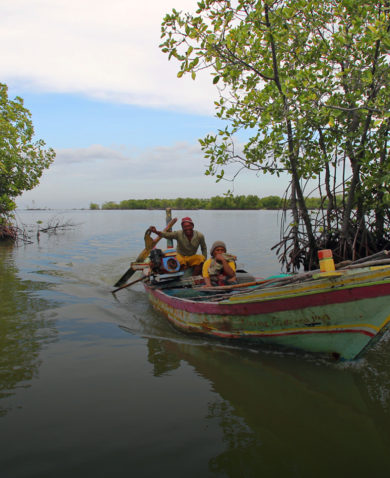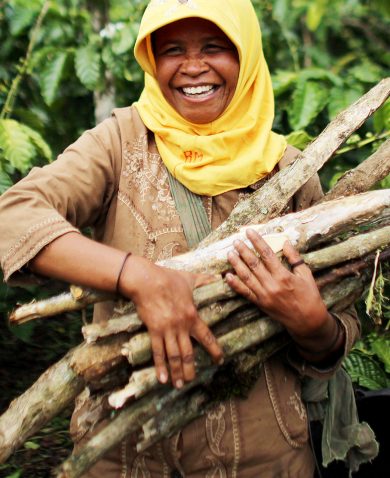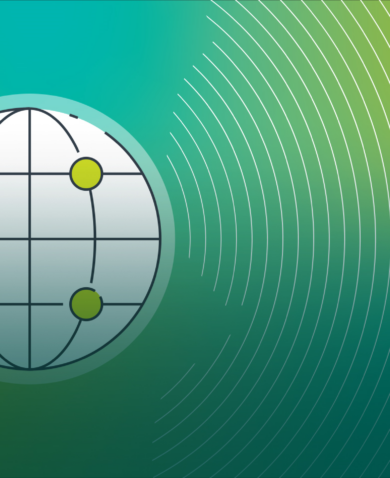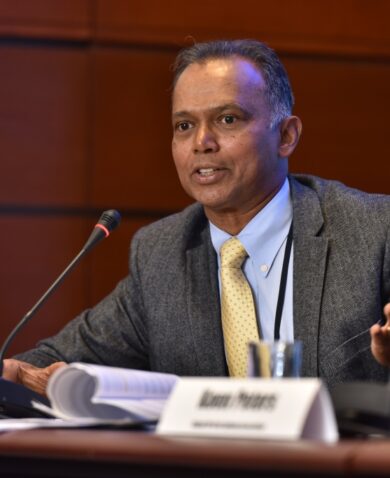
Chemonics News
Will the Renewable Energy Revolution Transform Foreign Aid?
August 3, 2015 | 4 Minute ReadChemonics experts in environment, natural resources management, and economic growth comment on the opportunities and challenges rapid advances in renewable energy present to global development.
Many experts believe that the world is reaching a tipping point in renewables, with energy sources such as solar, wind, and biofuels becoming economically competitive with fossil fuels in many countries. Renewables hold promise, but with developing countries consuming an ever-higher percentage of the world’s energy, these technologies need to reach the developing world to have a transformational impact. Below, Chemonics experts in environment, natural resources management, and economic growth comment on some of the opportunities — and challenges — that rapid advances in renewable energy present to the global development community.
The Experts
- Eric Reading is executive vice president at Chemonics and is pursuing a Ph.D. in governance and globalization at Virginia Tech.
- Eileen Hoffman is an expert in private sector competitiveness and local economic development.
- Michelet Fontaine is an environmental compliance specialist.
Renewable energy is key to climate change mitigation. From a global development perspective, are there less obvious benefits of renewable energy adoption in developing countries?
Eric Reading: One of the less obvious benefits is for landlocked countries. As Sir Paul Collier [Professor of Economics and Public Policy in the Blavatnik School of Government at the University of Oxford] has pointed out, one of the most persistent predictors of poverty is countries which lack reliable access to the sea. In landlocked countries with unreliable overland trade corridors, the uninterrupted supply of fuel is a real issue. Renewable energy sources avoid this logistical and supply chain issue.
Eileen Hoffman: From an economic perspective, renewable energy can be a source of additional income for entrepreneurs and communities. Mini-hydro plants, for example, can sell energy, with the proper pricing mechanisms in place, to power companies, generating income for the community. Entrepreneurs can manufacture, sell, and service household renewable energy products such as solar lighting, solar recharging equipment, biomass briquettes or pellets, and biomass fueled stoves and heaters. Many of these products also result in lower utility costs and savings for households. Likewise, projects such as solar street or home lighting can have positive knock-on impacts on the local economy, enabling stores to stay open after dark, and can result in improved education outcomes because students are able to study at night.
Michelet Fontaine: Renewable energy contributes to improving livelihoods and public health, alleviating poverty, and boosting rural economic development. For example, the use of solar units to power pumps for potable and irrigation water and the development of biogas digesters to fuel agricultural product processing plants are becoming important elements to increase and sustain agricultural production in many developing countries.
What role is the global development community positioned to play alongside the private sector and others in bringing renewables to developing countries, where energy needs are growing fastest?
Eileen Hoffman: The development community has a unique relationship with potential consumers at the bottom of the pyramid. We work with these populations every day, in markets around the world, and we are their trusted partner and link to development innovations. We can leverage our deep understanding of these populations to collaborate with renewable energy companies to help them better understand how to develop, market, and support their products.
Eric Reading: Many of the institutional structures of development, from the World Bank and African Development Bank to the U.S. Export-Import Bank, were originally designed to mobilize capital around large infrastructure investments in the developing world. Among development challenges, providing capital for infrastructure is one of the most straightforward challenges to resolve. There are also significantly more complex issues like regulatory regimes and cost recovery where the international development community has acquired significant experience and can help developing countries create the right environment for investment.
Michelet Fontaine: We can address sustainability issues associated with adopting new or improved technologies starting with awareness, education, and good governance. With our understanding of the local population and environment, we are well-positioned to develop and implement targeted education and awareness campaigns to ensure people understand the potential positive and negative social, economic, environmental, and cultural impacts of the new technologies — and the relevant mitigation measures. We can also facilitate sharing lessons learned by other countries or communities and provide assistance to governments on the development of regulations and guidelines for the sustainable and ethical use of these new technologies.
Some worry that by supporting renewable energy, the global development community will unintentionally distort local markets. Is there a sustainable way to catalyze the adoption of renewable energy?
Eileen Hoffman: This is a valid concern. While there is arguably a public good associated with renewable energy production, it is important to recognize that renewable energy products and services, such as solar lamps and solar recharging stations, can be developed and sold locally at market rates, even in poor communities. Applying the proven principles of market facilitation to renewable energy products can help development programs avoid market distortion. For example, programs often distort the market when they buy products en masse and distribute them for free or nearly-free to beneficiaries. By so doing, programs become large, rich consumers as well as large low-cost suppliers, distorting the market by driving up local prices and reducing consumer demand. To avoid these distortions, development programs can support renewable businesses with R&D efforts, business planning, prototyping, testing, development of distribution channels, and marketing campaigns, for example, without becoming large consumers or distributors of renewable energy products.
Michelet Fontaine: Poorly developed or implemented subsidies and strategies to promote the use of renewable energy could incite to short-term returns; lead to natural resources depletion, biodiversity losses, deforestation, and water bodies pollution; and actually exacerbate the impacts of climate change. Thus, an important role of the global development community is to support developing countries in the planning, design, adaptation, and implementation of the appropriate technical packages, and most importantly, in monitoring their impacts. Learning lessons from the trials and errors of developed countries is one of the best ways to ensure that the renewable energy revolution contributes to a sustainable future in developing countries.


